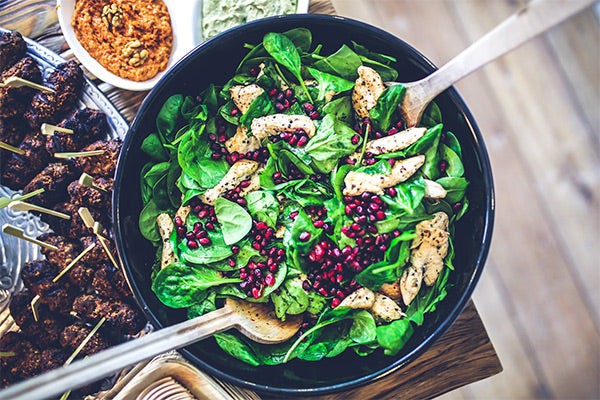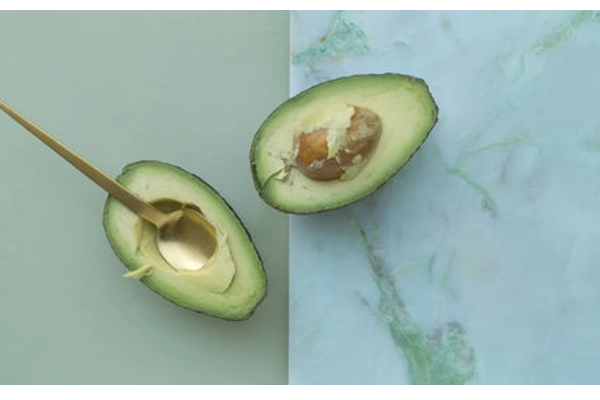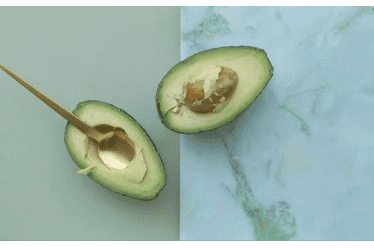
Select the option that best fits you.


We all want to eat as healthy as we can, but how do you know if you're eating well for your gut health? Whenever you eat, you're providing food to trillions of bacteria, yeast, and fungi that live in your gut. For example, you probably know oranges are good for your daily dose of vitamin C. Did you know that oranges have a fabulous prebiotic fiber that helps support your beneficial Faecalibacterium species that help protect you from ulcerative colitis?


To be fair, it's difficult to know what food is really healthy for you when there are so many trendy diets and changing attitudes on food types. One thing we can all agree on, though, is that the less processed the food, the better, and that more veggies are generally the way to go. That remains true for the gut microbiome as well.
In 2011, a study was done in France on the impact of diet on microbiome diversity. 49 overweight and obese individuals were given a high-protein, high-fiber, low-calorie diet for 6-weeks and their microbiomes were analyzed.
The individuals who had higher microbiome diversity (healthier microbiomes) to begin with, were those who ate more vegetables and fruits and fish than the study participants who had less diverse microbiomes. They also had more low-grade inflammation than their counterparts who had healthier microbiomes.
The good news is that all of the participants had a significant increase in microbiome diversity after the 6-week low calorie, high-protein, high-fiber diet. This led the scientists leading the study, to conclude that you can shift your microbiome in a healthy direction within weeks, essentially helping to restore a healthy ecosystem within the gut. You can't change your own genetics but you can change your gut microbiome by making some important changes in your diet today.
So if you're wondering which types of foods fall into the category of healthy for your gut, here's a handy list to take to the grocery store:
You can start by incorporating just one or two of these new superfoods into your diet and that will definitely help the resident beneficial bacteria work their hardest for you. If you already have these in your diet, that's fabulous. Even small changes in your diet can shift your microbiome in a positive direction in as little time as a month and a half so get munching!
Cotillard, A. et al. Dietary intervention impact on gut microbial gene richness
Nature 500, 585-588 (October 24, 2013)
Read the Research Paper
We can support you on the path to better wellness by providing you with the information you need to start the conversation, and we can provide tailored support for your provider.
